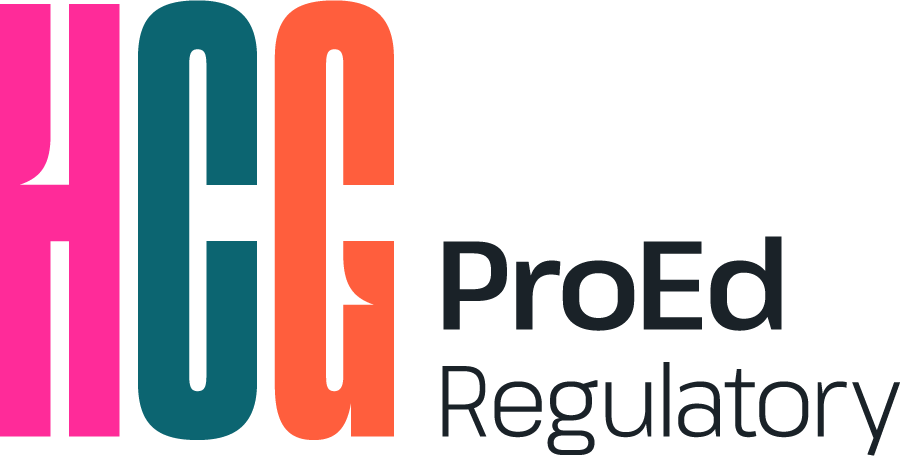Building a Better CAR: Emerging Technology and Safety Concerns Shake Up the Field
When chimeric antigen receptor (CAR)‑T cells first rolled off the assembly line 7 years ago, with the approval of Kymriah, they were the newest and most technically advanced immunotherapy against cancer, and they demonstrated the potential to elicit profound and durable responses in patients with relapsed/refractory hematologic malignancies. The patient’s own (autologous) T cells are genetically modified in…
